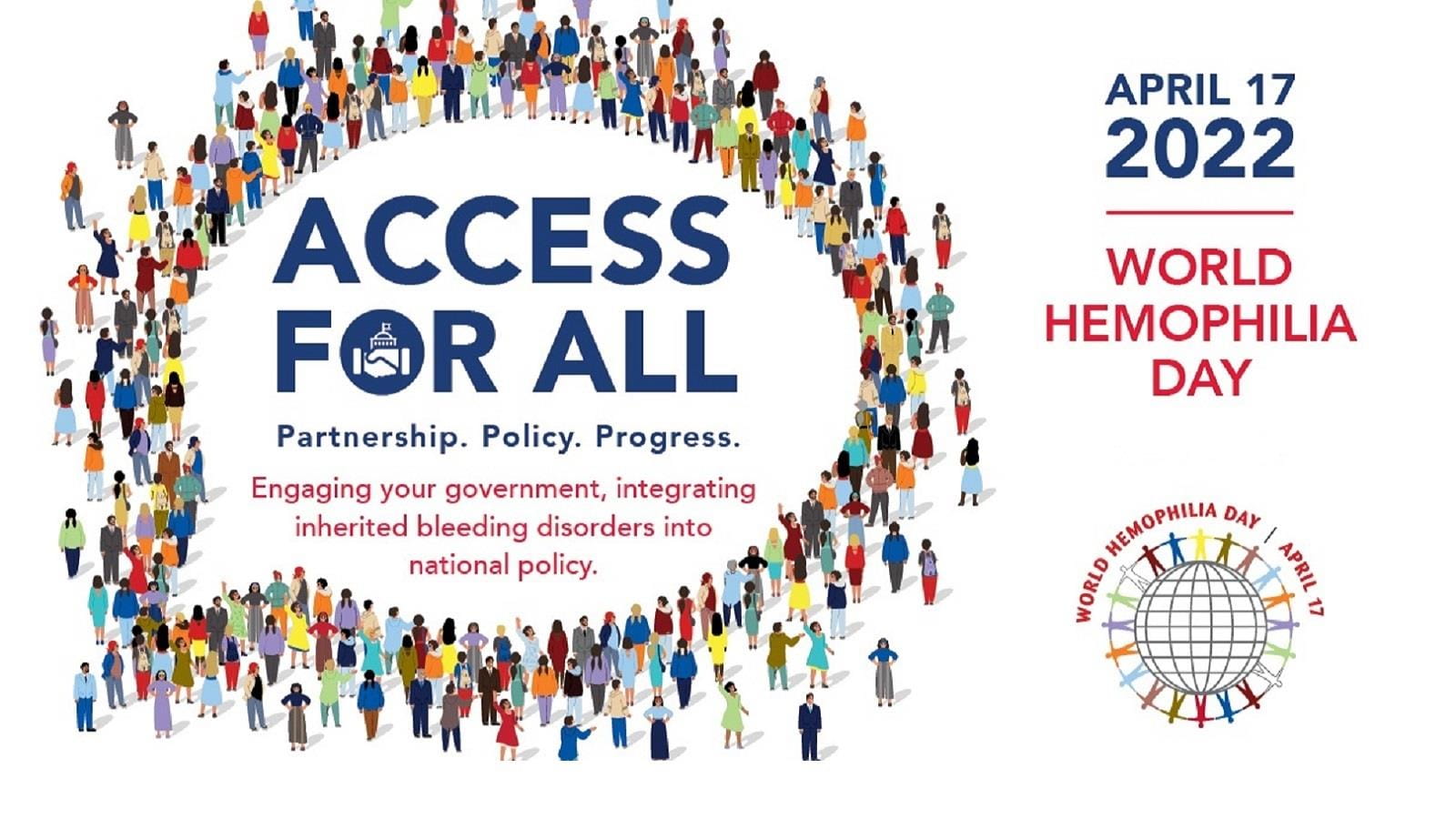April 17 is World Haemophilia Day. The theme this year is “Access for All: Partnership, Policy, Progress” and the aim is to bring haemophilia and other inherited bleeding disorders to the attention of policy makers to increase sustainable and equitable access to care and treatment.
This Easter Sunday, people living with these conditions will share their personal stories across social media. Prominent buildings and monuments around the globe will be bathed in red light as part of the “Light It Up Red” campaign. CSL Behring is proud to support this important awareness campaign, which resonates with our promise to keep the patient voice at the heart of everything we do
In the UK, the 32,000 people living with a bleeding disorder receive care which has evolved over seven decades in the NHS. The advances in care and treatment have dramatically improved life expectancy and quality of life for people living with haemophilia and other bleeding disorders.
Despite this progress, a report published by the All-Party Parliamentary Group (APPG) on Haemophilia: Inquiry into Access to Treatment highlighted that living with a bleeding disorder still poses a significant burden to ordinary life, including pain, joint damage, lower health-related quality of life and gaps in treatment.
The report identified that there are unmet needs in haemophilia care and inequity of access to multi-disciplinary or specialist care. The APPG demanded a fundamental overhaul of the way people with bleeding disorders are cared for. MPs expressed hope in the treatment advances on the horizon, which create an opportunity for reform to shape a healthcare system genuinely able to assist people with haemophilia and other bleeding disorders achieve a bleed-free future.
In January 2021, the UK Government and devolved administrations committed to four key national priorities in the UK Rare Disease Framework to include the voice of rare disease patients in the development of wider policy:
- helping patients get a final diagnosis faster
- increasing awareness of rare diseases among healthcare professionals
- better co-ordination of care throughout the patient journey
- Build on UK’s research and life science to improve access to innovative treatments and specialist care.
An action plan for England published in January 2022 included pledges to pilot new approaches to diagnosis and care, supporting rapid access to treatment and mapping uptake and access to medicines across the country.
These commitments are positive however, there is more to do especially as the health system begins to recover from the challenges of the pandemic. To achieve this greater collaboration and partnership is needed between the patient community, healthcare professionals, government organisations and industry.
It is essential to review the challenges novel treatments for haemophilia and other bleeding disorders are likely to pose to healthcare systems to ensure policies, processes and flexible funding models are in place to drive innovation, improve access and promote sustainability.
References:
- https://haemophilia.org.uk/wp-content/uploads/pdf/APPG_report_web.pdf
- https://www.gov.uk/government/publications/england-rare-diseases-action-plan-2022/england-rare-diseases-action-plan-2022
GBR-CRP-0257 April 2022



